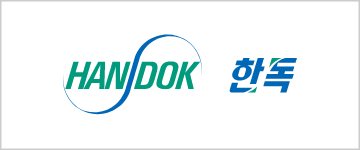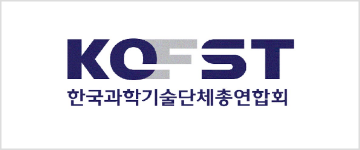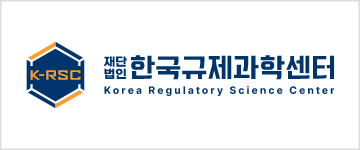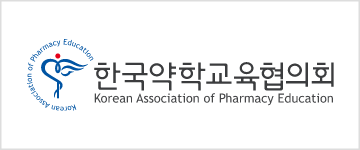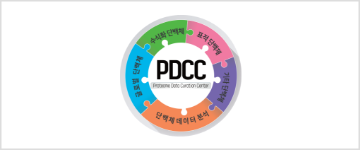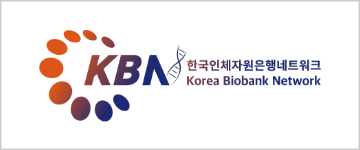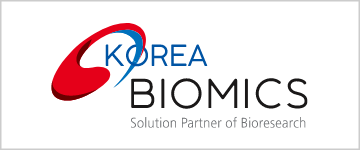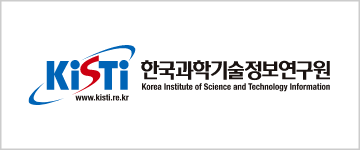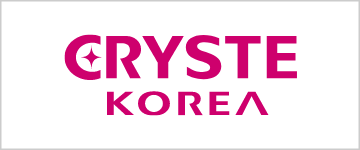2025 Fall
International Convention of PSK
2025 CONVENTION
Abstracts
CPD84, a novel PPI inhibitor, modulates angiogenesis by disrupting the ELF3-PtnA interaction in ovarian cancer
- Inhye Moon1,2, Seung Hee Seo1, Youngjoo Kwon*1,2
- 1College of Pharmacy, Graduate School of Pharmaceutical Sciences, Ewha Womans University
- 2Graduate Program in Innovative Biomaterials Convergence, Ewha Womans University
Epithelial ovarian cancer (EOC) is a highly aggressive tumor characterized by poor clinical outcomes. Tumor angiogenesis, a critical process for cancer progression, is largely driven by pro-angiogenic factors. In this study, we identified that ELF3 forms a complex with a binding partner protein A (named PtnA, due to patent issue), in EOC cells. This interaction enhances the transcriptional activity of ELF3, which in turn functions as a transcriptional regulator of IGF1. Through cooperation with PtnA, ELF3 upregulates IGF1 expression, thereby stimulating endothelial migration and microvessel sprouting. To therapeutically target this mechanism, we sought to develop a protein–protein interaction (PPI) inhibitor capable of disrupting ELF3–PtnA binding and suppressing tumor angiogenesis. From our in-house compound collection, CPD84 emerged as the most effective candidate, potently blocking the ELF3–PtnA interaction, impairing ELF3-mediated transcription, and attenuating angiogenic activity. These findings highlight the ELF3–PtnA complex as a novel therapeutic target in EOC and suggest that inhibitors of this PPI could represent promising anti-angiogenic strategies for ovarian cancer treatment.
Q&A
- There are no registered questions








